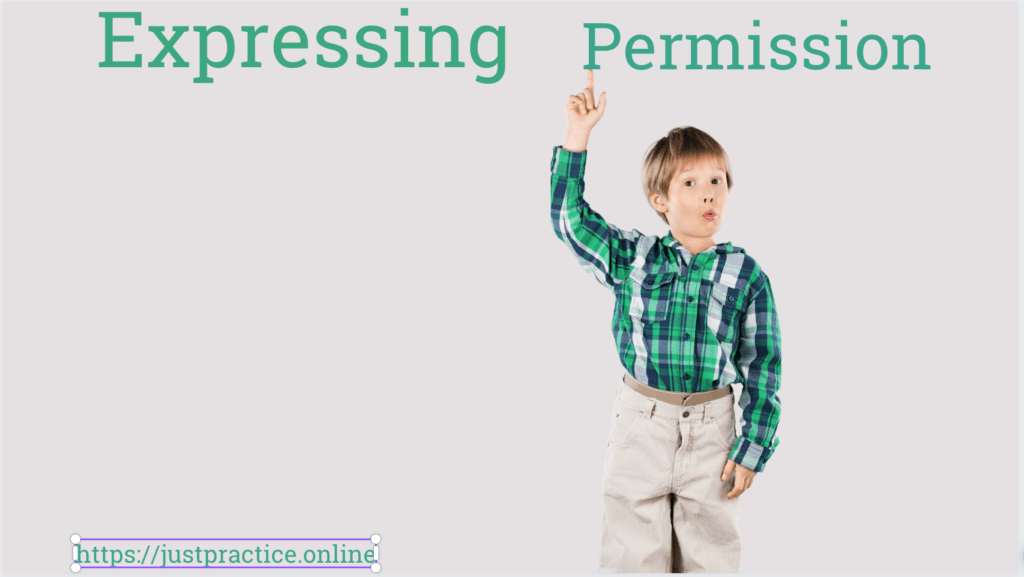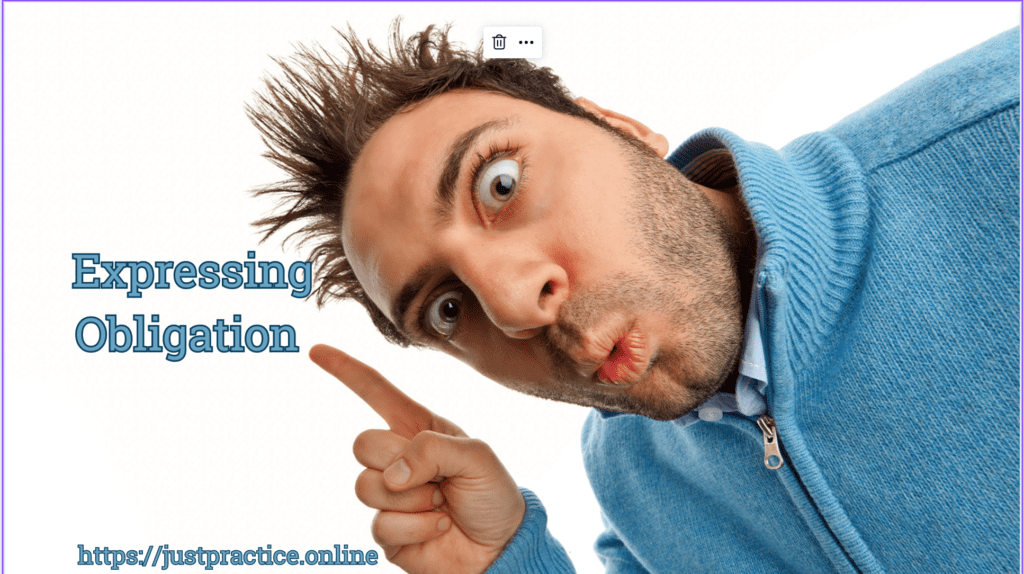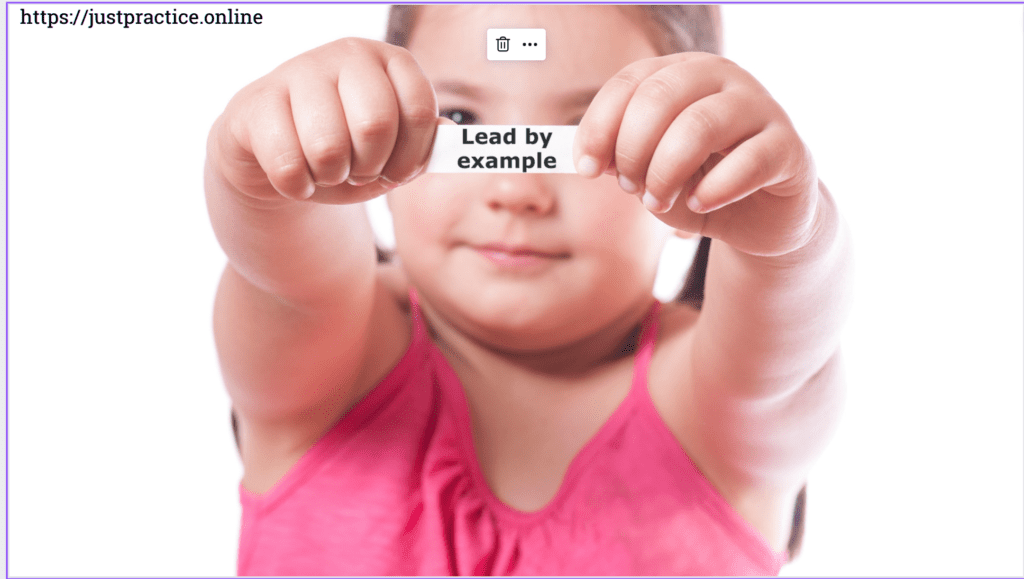
Mastering the Use of Modals to Express Possibility, Permission, and Obligation
Introduction
In English grammar, modals are essential tools for expressing various aspects of possibility, permission, obligation, and more. This article aims to provide a comprehensive guide on how to use modals effectively, focusing on their functions and practical examples. The content will be presented in an expository style, using short sentences and clear headings and subheadings for easy comprehension.
I. Introduction to Modals
Modals are a type of auxiliary verb that express different shades of meaning and convey specific attitudes or ideas. They are used to indicate possibility, permission, obligation, ability, and more. Here, we will explore the most commonly used modals and their functions.
II. Expressing Possibility

Can: Used to indicate general ability or possibility.
Example: I can swim.
Could: Used to express past or conditional possibility.
Example: He could have won the race if he had trained harder.
May: Used to suggest a possibility or ask for permission.
Example: May I borrow your pen?
Might: Used to express a slight possibility or uncertainty.
Example: It might rain later.
III. Expressing Permission

Can: Used to give or ask for permission.
Example: Can I use your phone?
Could: Used to make a polite request.
Example: Could you please pass me the salt?
May: Used to ask for permission in a more formal context.
Example: May I have a moment of your time?
IV. Expressing Obligation

Must: Used to express strong obligation or necessity.
Example: You must submit your assignment by tomorrow.
Have to: Used to indicate a general obligation.
Example: I have to attend the meeting.
Should: Used to give advice or express a recommendation.
Example: You should take a break and relax.
V. Practical Examples

To illustrate the use of modals in different contexts, let’s consider the following examples:
Expressing Possibility:
She can speak five languages fluently.
They could win the championship if they play well.
May I go to the party tonight?
It might snow tomorrow.
Expressing Permission:
Can I borrow your car for a few hours?
Could you please close the door?
May I have a slice of cake?
Expressing Obligation:
You must submit the report by the end of the week.
I have to attend the seminar tomorrow.
You should eat more fruits and vegetables.
By incorporating modals into your language use, you can convey nuanced meanings and effectively express possibility, permission, and obligation in various situations.
Conclusion

Mastering the use of modals is essential for effective communication in English. By understanding the functions and practical examples of modals, you can express possibility, permission, and obligation with clarity and accuracy. Whether it’s discussing abilities, seeking permission, or stating obligations, modals provide a versatile toolset for expressing a wide range of meanings.
I hope this article provides you with a comprehensive understanding of how to use modals to express possibility, permission, and obligation. If you have any further questions, feel free to ask.
For more visit justpractice.online